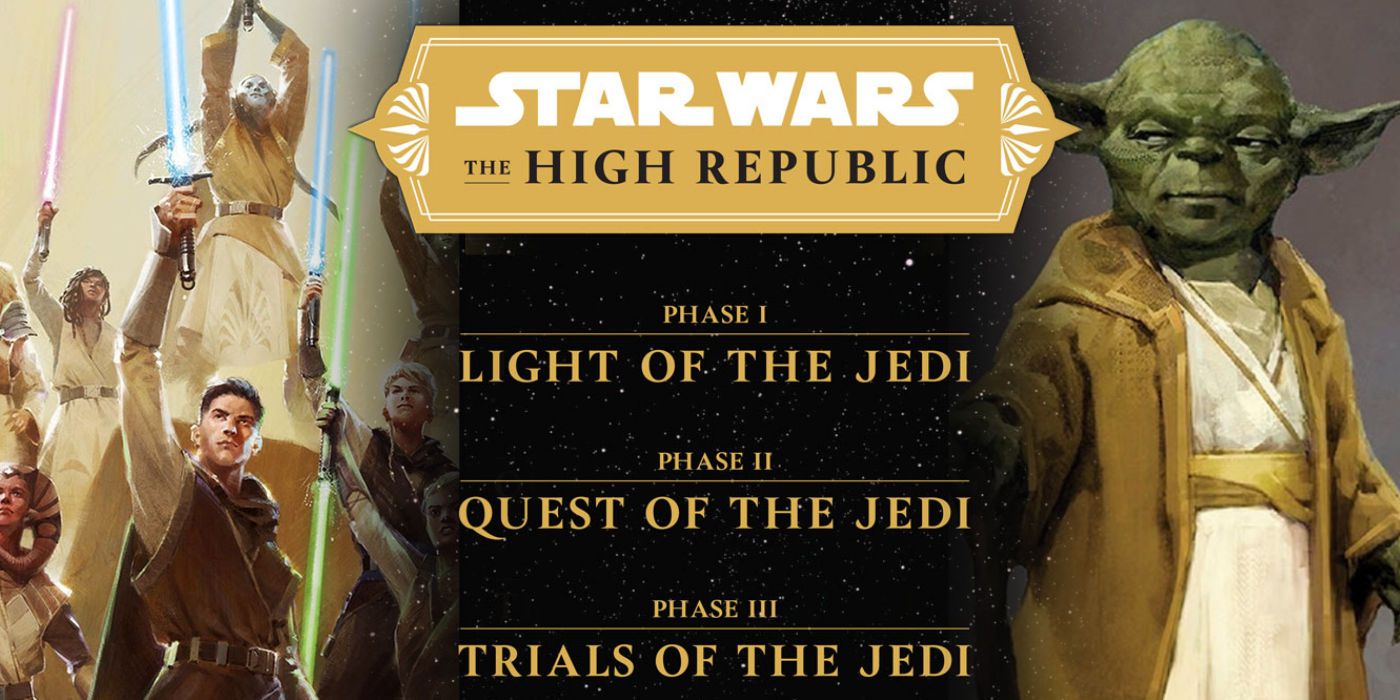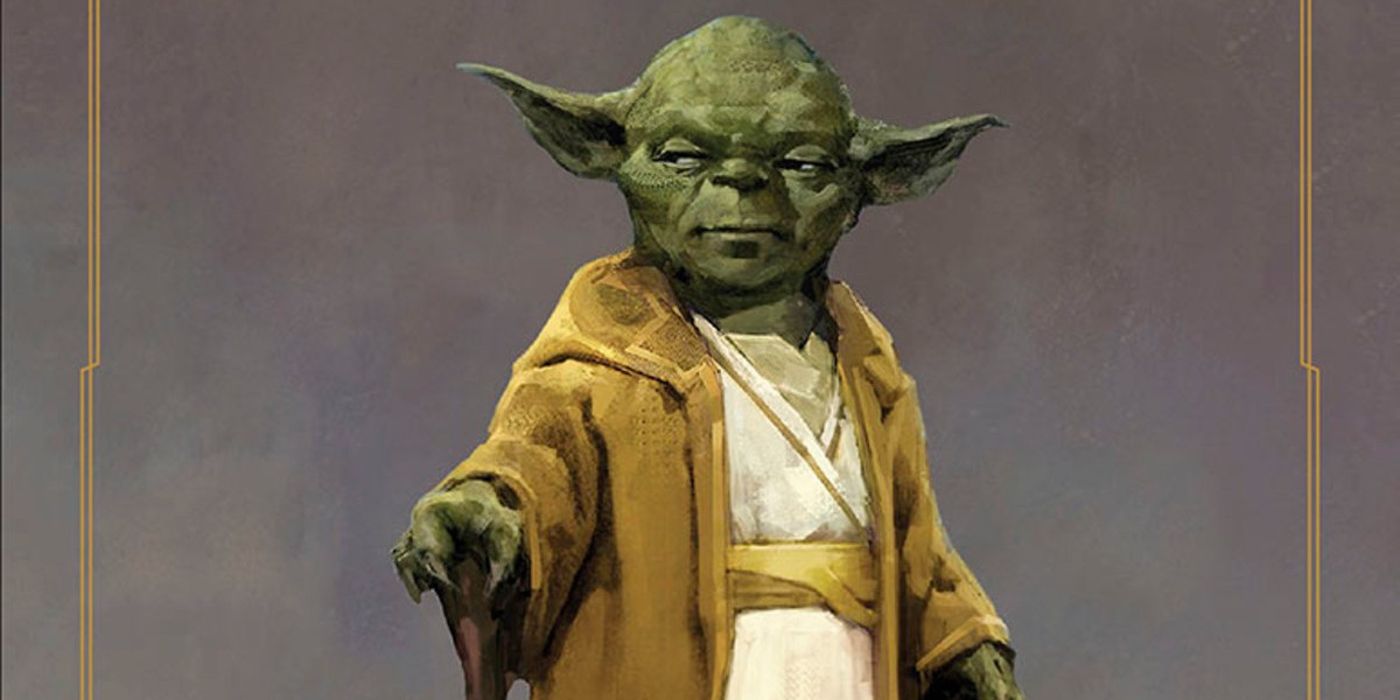Summary
- Yoda is not to blame for the fall of the prequel-era Jedi Order, as he is instead portrayed as supportive of emotions and relationships.
- The High Republic-era Jedi Order is depicted as emotionally healthy and open to unique connections to the Force.
- The prequel-era Jedi Order is shown as flawed and complacent, overcorrecting mistakes and becoming arrogant in a millennium of peace.
A recent Star Wars property set in the High Republic era finally confirms that the iconic Jedi Master Yoda was not responsible for the fall of the prequel-era Jedi Order. In the Star Wars prequel trilogy, the Jedi Order is depicted as complacent, overly restrictive, emotionally unhealthy, and unable to see their impending downfall at the hands of the Sith Order before it is too late. The modern Star Wars canon’s High Republic-era materials seemingly implied that Yoda initiated the downfall of the Order upon becoming the Jedi Grandmaster.
The Jedi Order is depicted as a far more emotionally healthy and balanced organization in High Republic-era materials. Jedi are encouraged to forge their own unique definitions of and connections to the Force, and romances are even seemingly permitted. The initial implication was that Yoda – upon becoming Grandmaster – imposed his own highly restrictive views of Jedi Knighthood on the rest of the Order, contributing to their decline in the prequels.
The High Republic-era Jedi Order resembles the New Jedi Order of the
Star Wars
Legends continuity in some ways, with both allowing romantic relationships between Jedi.

Related
Star Wars’ High Republic Explained & Release Guide (Books, Comics & Show)
The Star Wars franchise is expanding into the High Republic Era – and here’s everything you need to know about the books, comics, and shows.
The High Republic Is Showing Yoda In A Much Better Light
Star Wars: The High Republic: Temptation of the Force by Tessa Gratton, reveals definitively that Yoda is not the cause of the Jedi Order’s decline and prequel-era practices. A portion of Temptation of the Force is devoted to the growing romantic relationship between two Jedi Masters: Avar Kriss and Elzar Mann. When Yoda learns of the relationship, he offers kind words of caution against attachment, but is otherwise supportive of their relationship, taking no issue with their love for each other.
Yoda Was Never A Villain – At Worst He Was Misguided
Although this development – thankfully – makes Yoda’s portrayal in the modern canon continuity far more positive, it also allows for some interesting possibilities for how the Jedi Order changes into its prequel trilogy incarnation. A future High Republic-era story may reveal that an event (or multiple events) leads the Jedi to become far more restrictive in their practices by the prequel era, forbidding romantic relationships and narrowing their view of the Force and Jedi Knighthood. However this happens, it is clear that Yoda and the rest of the old guard Jedi Order are misguided and unbalanced, but not malicious.
The Star Wars prequel trilogy does an excellent job of portraying the old Jedi Order as highly flawed and complacent. Due to this, it is popular for viewers – and even some recent properties themselves, if the sequel trilogy is any indication – to view the prequel-era Jedi Order through an excessively harsh lens, blaming them for their own downfall and the downfall of the Republic, with some suggesting that the prequel-era Jedi were even outright villainous. In truth, the Jedi Order appears to have overcorrected perceived mistakes and become arrogant in their millennium of peace, yet their underlying altruism is undeniable.
